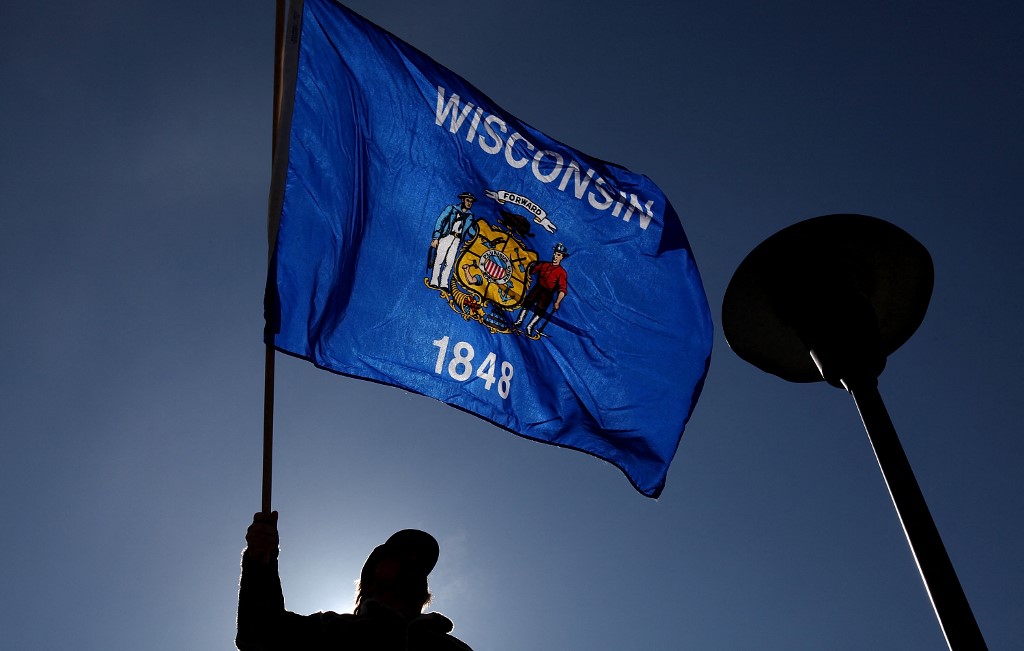Policy Report Considers Gambling Expansion in Wisconsin
-
 Bookmakers Review
Bookmakers Review
- February 10, 2025

A report issued by the Wisconsin Policy Forum has delineated the pros and cons of launching mobile sports betting in the Badger State. Lawmakers are considering their options, which would include working with the state’s tribal nations.
Tribal Exclusivity
Wisconsin is hardly a gambling hub, as it offers only horse racing, charitable raffles, bingo, and the state lottery. It is also one of only five states that allow sports betting exclusively through tribal casinos. For the moment, only retail or in-person sports betting is available in Wisconsin and only on tribal grounds.
Yet, Wisconsin, like all other states, is always searching for revenue streams to support the government and its projects. This is where the Wisconsin Policy Forum plays a role, as it recently issued a report on the possible effects of statewide sports betting in the state and the options available to work with the gaming tribes that have Class III gaming licenses, which allow them to offer slots and table games.
It should also be noted that 9 of the 11 federally recognized tribes have amended their compact to establish a sports betting license. Six tribes are currently operating retail sportsbooks inside their casinos, including:
- Oneida Nation
- St. Croix Chippewa Indians of Wisconsin
- Sokaogon Chippewa Community
- Forest County Potawatomi
- Lac Courte Oreilles Band
- Lac du Flambeau Band
In exchange for gaming exclusivity, the tribes are obligated to give a portion of their winnings to the state. Those payments included:
- $57.6 million in 2022.
- $65.9 million in 2023.
- $66.3 million in 2024.
Mark Sommerhauser, the report’s author and a spokesperson for the Wisconsin Policy Forum, said, “The state is giving the tribes the exclusive right to conduct certain types of gaming operations, and essentially what the state is getting in return are these payments.”
Something to Consider
The report articulates that the path to mobile sports betting throughout the state could be done in cooperation with the tribes via an amendment to the gaming compact to include mobile sports betting. Or, state lawmakers could try to seek an amendment to the state constitution through a referendum, which would allow national sports betting platforms, à la Caesars, DraftKings, or FanDuel, to operate and be taxed by the state on their revenues.
However, should the state pursue the latter, the tribes would no longer have to pay fees to the state because they would no longer have gaming exclusivity. That would be a difficult choice and one that the state would likely prefer to avoid.
Therefore, the precedent-setting compact in Florida that gave the Seminole Tribe sole license to offer mobile betting throughout the Sunshine State could be the format in which the state and the gaming tribes in Wisconsin could broker a deal.
“This creates a potential precedent for a Wisconsin tribe to seek to renegotiate the terms of its compact with the state to allow online sports betting with customers around the state through a server on tribal land,” the report reads. “Though this possibility remains, for now, hypothetical, policymakers and the public may wish to consider and discuss their views on it.”










